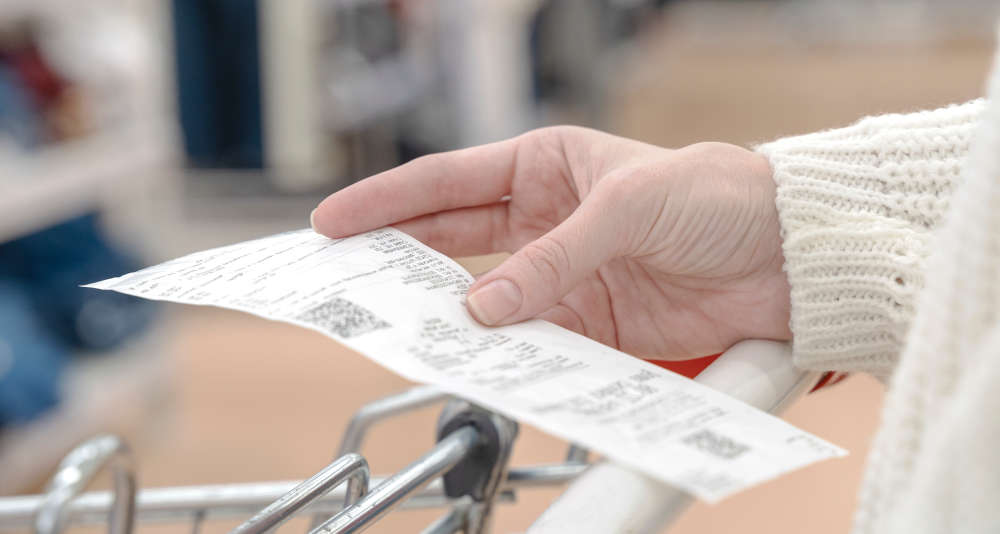
Do you know your rights if you want to return faulty or unwanted goods?
Here are our tips for returns and refunds:
Returning faulty goods
As a consumer, the Supply of Goods and Services (Jersey) Law 2009 protects you if your goods are:
-
Faulty or damaged
-
Useless
-
Not what was advertised or matching the description
These terms apply whether your goods were bought new, in a sale or even second hand. Usually you will be required to provide proof of purchase when returning goods, such as a receipt.
If goods are faulty, within a reasonably short period of time after the sale took place, a consumer is entitled to a full refund or compensation. However, consumers could alternatively select a repair or replacement, which would then be at the company’s discretion to accept.
Returning unwanted goods
When returning unwanted rather than faulty goods, consumers will usually have to follow the company’s internal returns policy. These ‘goodwill’ policies may offer either a refund, exchange or credit note. It’s worth noting that company’s aren’t required by law to have a returns policy, so double check before you buy. Time limits may be imposed on these returns, such as 28 days, and may increase around the holidays.
Returning online goods
When buying online goods, you have additional rights for returns. This is because of the ‘expectation versus reality’ phenomenon, where the image online may look nothing like the physical item you receive. Under the Consumer Contracts regulation, you have the right to return items if you change your mind. Once your goods have been received, you have 14 days to request a return. Some companies will do pre-paid returns, but some will require the customer to pay for their own postage.
Gift cards
When purchasing gift cards, it is important that the company issuing them includes any important terms at the point of purchase. It’s good to read the fine print, as you will be bound by terms made known before or at the time of purchase.
Expiry dates for gift cards can vary enormously. These can range from just a few months to even a year. When receiving a gift card, make sure to check the expiry date to ensure you use it in this timeframe. The gift giver won’t get their money back if you don’t spend it! If you lose a gift card, then you may be able to have one reissued for a small fee. However, this is ultimately within the retailer’s power.

 Black Friday: When a deal may not actually be a deal
Black Friday: When a deal may not actually be a deal
 Be prepared – download our Christmas Budget Planner
Be prepared – download our Christmas Budget Planner
 Top tips to make your mobile phone last longer
Top tips to make your mobile phone last longer